Using Big Data, smartphones & Facebook to revolutionize Ag
Using Facebook to track the spread of livestock diseases and your smartphone to diagnose crop diseases in realtime, could soon be a reality thanks to series of grants.
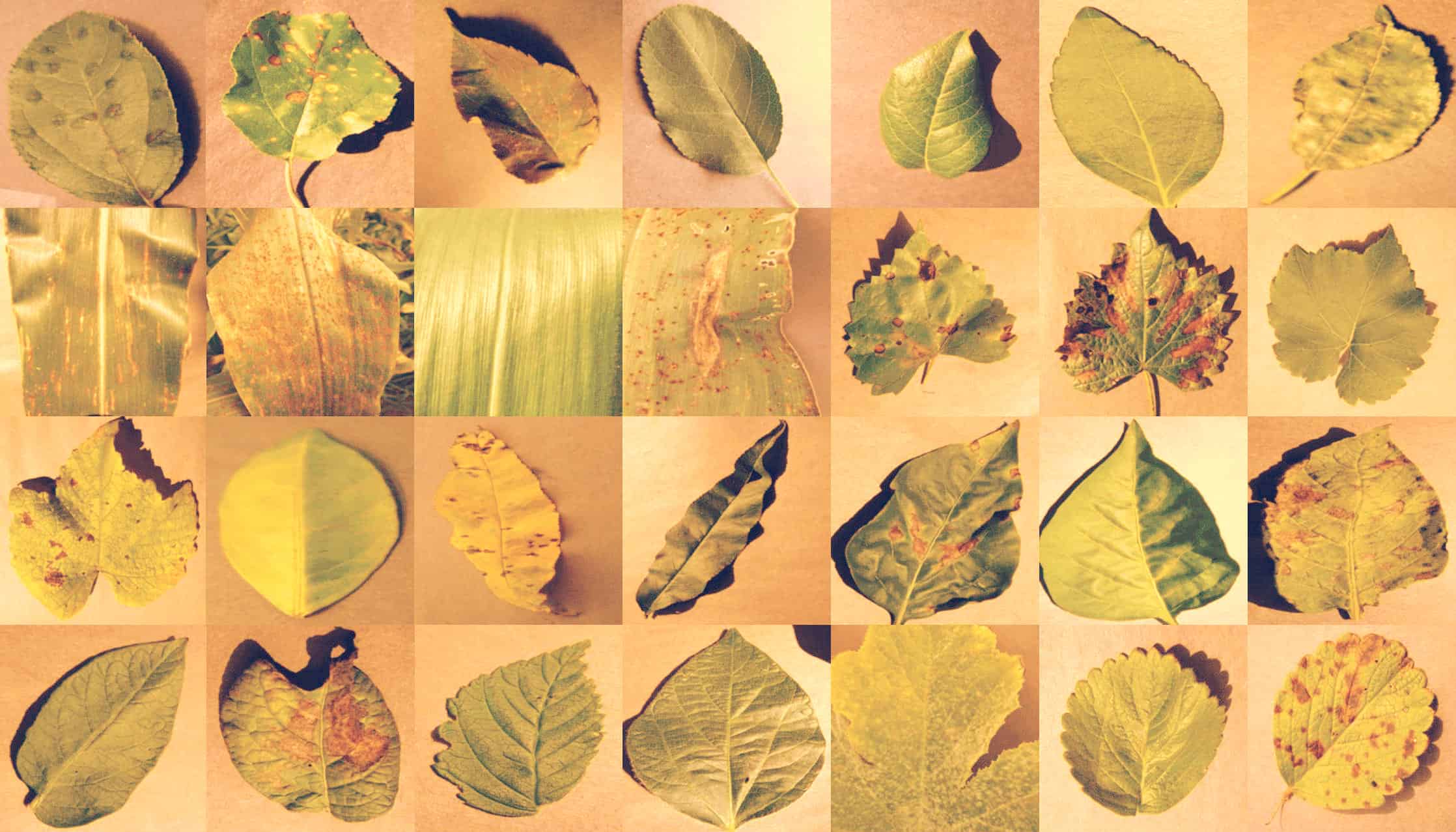
Using Facebook to track the spread of livestock diseases and your smartphone to diagnose crop diseases in realtime, could soon be a reality thanks to a series of research grants awarded by the CGIAR Platform for Big Data in Agriculture.
These are among five projects awarded USD$100K to develop game changing approaches to tackling entrenched agricultural problems affecting producers in developing countries. Winners were announced during the Big Data in Agriculture Convention 2017, at CIAT headquarters in Colombia, recently.
The 2017 Inspire Challenge grant winners and their projects are:
- Dave Hodson in partnership with the International Maize and Wheat Improvement Center (CIMMYT), Ethiopian Institute of Agricultural Research (EIAR ), and the John Innes Centre
Real Time Diagnostics for Wheat Rust : Use of mobile gene sequencers to drastically cut diagnosis time, resulting in faster treatment of devastating wheat rust pathogens in Ethiopia. - Alise Dykstra, David Guerena & James Legg in a partnership with VOTO Mobile, International Maize and the Wheat Improvement Center (CIMMYT)
IVR (Interactive Voice Response) Marketing Service : Which will increase linkages between individuals in the value chain, no matter their literacy level and language, enabling farmers to report their harvest, locate product, and also connect the underemployed with work. - Adam Wills & Georgia Barrie in partnership with ILRI
Farm.ink : Aim to create an open-source platform, the first of its kind to use social media platform Facebook, to analyze and visualize emerging livestock disease and outbreaks and other related issues in Kenya in order to warn farmers of outbreaks. - David Hughes, James Legg & Kelsee Baranowski in partnership with the International Center for Tropical Agriculture (CIAT), International Potato Center (CIP), Bioversity International, Google, Penn State University, and the International Institute of Tropical Agriculture (IITA).
Pest and disease monitoring by using AI : A mobile phone app that uses artificial intelligence to accurately diagnose cassava diseases like brown streak and mosaic, which together are threatening the food and income security of over 30 million farmers in East and Central Africa. - Berber Kramer in partnership with Centre for Agriculture and Biosciences International( CABI) and International Food Policy Research Institute (IFPRI)
Personalized crop advice for rural farmers: Will provide personalized agricultural advice using unprecedented methods of data collection obtained by the farmers themselves using smartphone cameras. The data will not only optimize agronomic decision-making but also significantly expedite damage assessment and insurance resolution.
The Inspire Challenge grants are a key part of the Platform’s activities to promote innovation in the use of big data to improve smallholder agriculture. The aim was to promote next-generation ideas to develop solutions faster, better and a greater scale than ever before.
More than 120 proposals were received from applicants from 37 countries, each applying under the four Inspire Challenge categories: Revealing Food Systems, Monitoring Pests and Diseases, Disrupting Impact Assessment, and Empowering Data-Driven Farming.
“The fact we received 120 great proposals is proof that the big data space is truly alive.
Winning proposals were required to use publicly available data to solve agricultural development problems.
“These are five fascinating projects that could really show how big data has the potential to push the limits of what’s possible and transform agricultural livelihoods in developing countries,” said CIAT’s Brian King, leader of the CGIAR Platform for Big Data in Agriculture.
“The fact we received 120 great proposals is proof that the big data space is truly alive. As well as supporting the winning projects we also want to help develop all the runners-up. These could all be projects for the world to watch.” Said Brian King.
Robin Lougee from tech giant IBM, who is head of the Platform’s steering committee, said: “It was hard to select just five winners from so many applications”. “I think it really shows the desire and enthusiasm for the goals in the Big Data platform.”
In recognition of the gender disparity in the agriculture and data science sector, the Platform enlisted the help of CIAT’s gender specialist Jennifer Twyman to provide additional insight to the judging panel.
“It’s almost like a dream. We’ve never been able to do this before,”
“I’ve been on many prize committees for my professional association and it was the first time I have ever had input from a gender consultant.” Said Robin Lougee.
“For me having that a perspective on social inclusion was really helpful in terms of the review of the applications in advance of our group discussions.”
David Hughes of Penn State, who won the grant for a mobile phone app that will use artificial intelligence to perform accurate in- field crop disease diagnoses, described winning as “transformative”.
“It allows us to expand across multiple sites in Africa and multiple crops that are critical for food security on the continent. We can amplify by 100 times what we have achieved so far,” said Dr. Hughes.
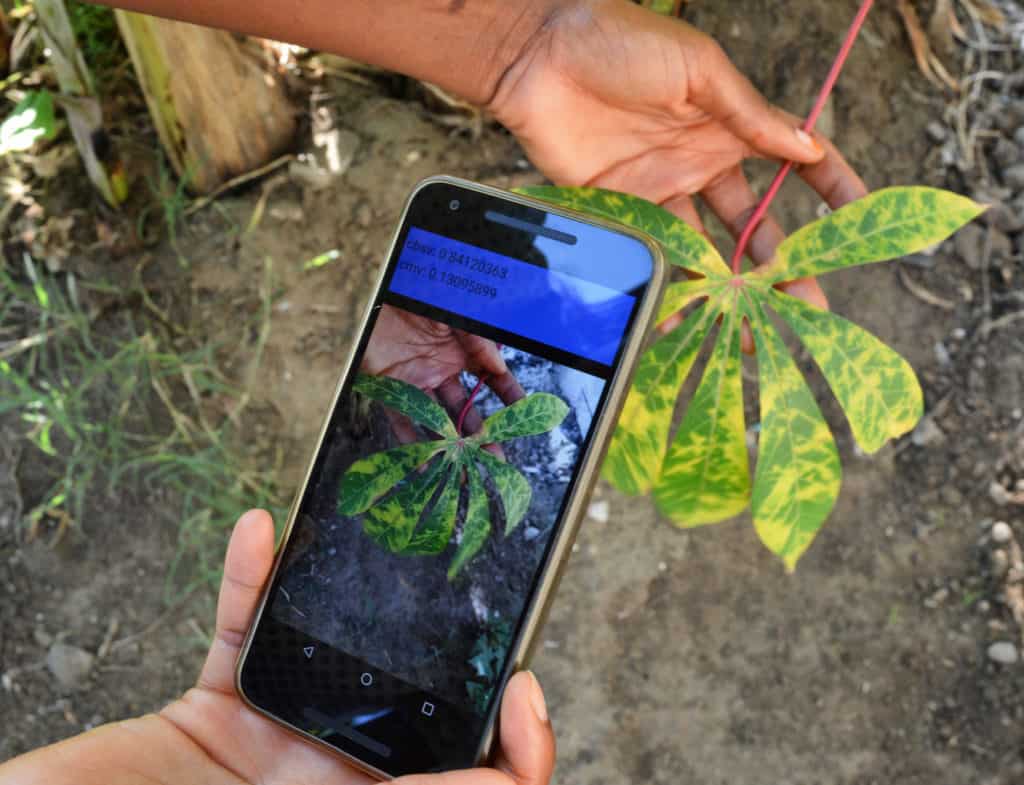
Diagnosing cassava disease in the field. Photo IITA
Another Inspire Challenge winner Dave Hodson, a senior scientist working with CIMMYT on a mobile sequencing service to diagnose wheat rust disease, spoke of the progress they will now be able to achieve with the funding:
“It’s almost like a dream. We’ve never been able to do this before,” he said. “For the first time ever it will give us real-time diagnostics to be able to make informed decisions and optimise early control.
“The energy and creativity to the participants was unbelievable, and the winning projects thoroughly deserve the recognition,” said CIAT’s Andy Jarvis, one of the chief architects of the CGIAR Platform for Big Data in Agriculture. “But the primary purpose of the Convention was to get people talking, to help them build their networks to that they can all innovate and, of course, inspire.”
“Since the agricultural sector lags behind all others in terms of digitalization, and if we are to change that we need the ‘ag people’ to be innovating with the tech world. I think we really achieved that.”
The International Food Policy Research Institute’s (IFPRI) Jawoo Koo, one of the Platform’s co-pioneers said he was “genuinely surprised to find so many meaningful, creative, and ambitious partnerships proposed between CGIAR scientists and data geeks and techie groups out there.”
“Much beyond the five winners of the Inspire Challenge, the Platform will continue facilitate to build the new partnerships in multiple ways.” He said.
**
The CGIAR Big Data in Agriculture Convention 2017: An Alliance for a Data Revolution was held at CIAT headquarters in Cali, Colombia from 19-22 of September.
The CGIAR Platform for Big Data in Agriculture is co-led by the International Center for Tropical Agriculture (CIAT) and the International Food Policy Research Institute (IFPRI).
Marianne McDade
Cali, Colombia

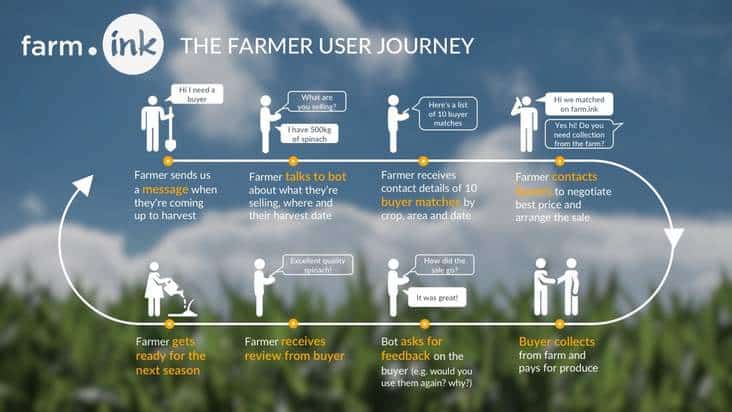

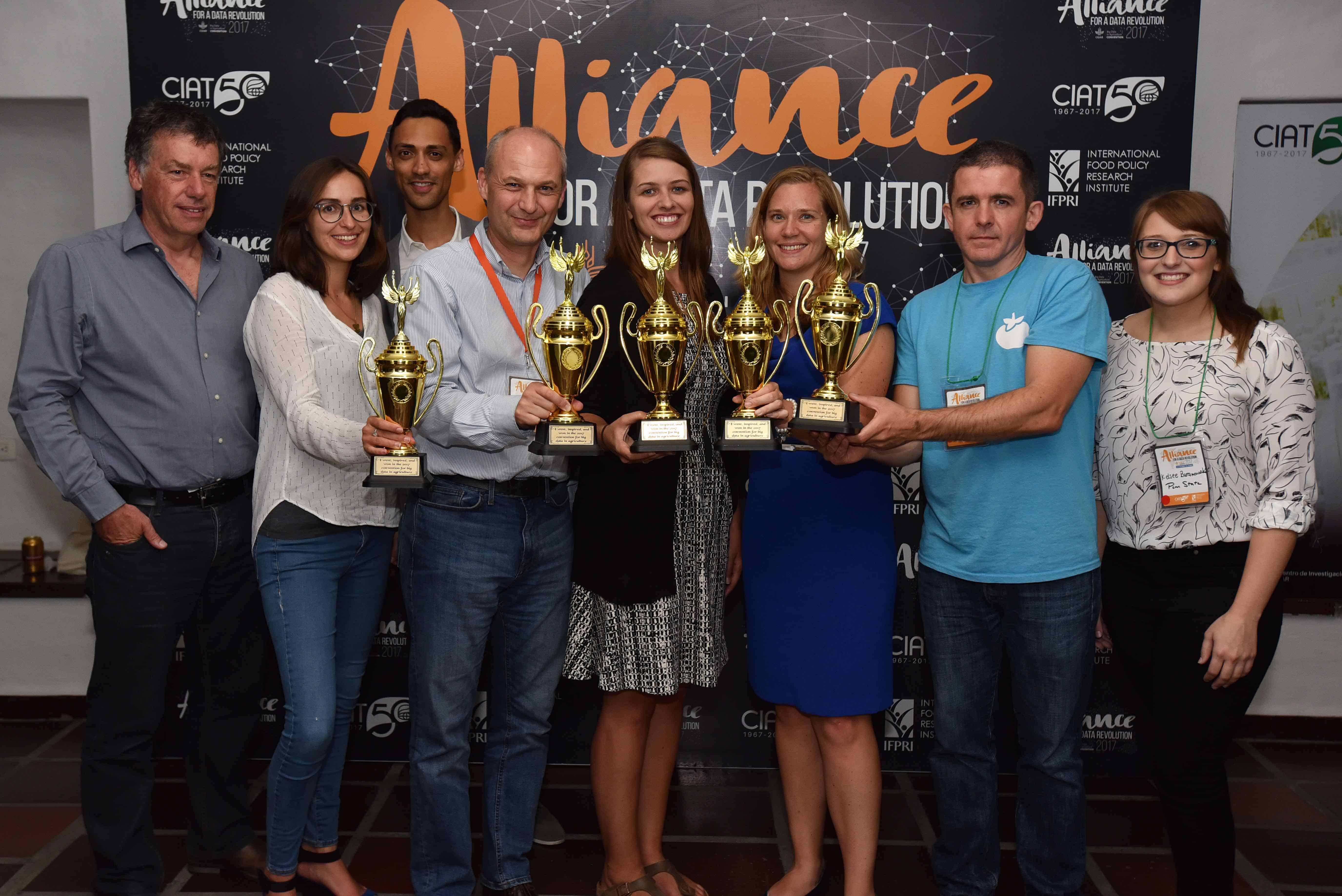
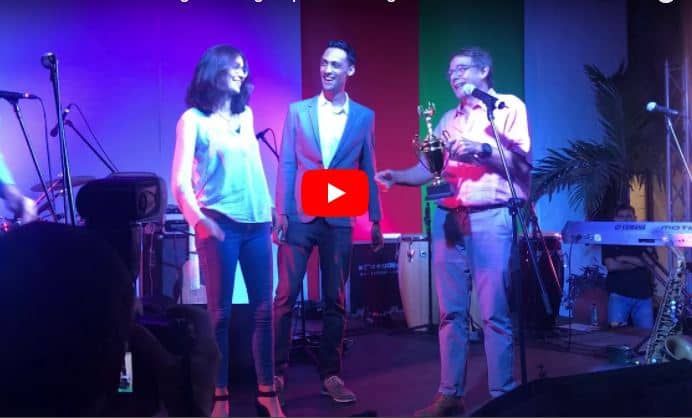



Trackbacks/Pingbacks